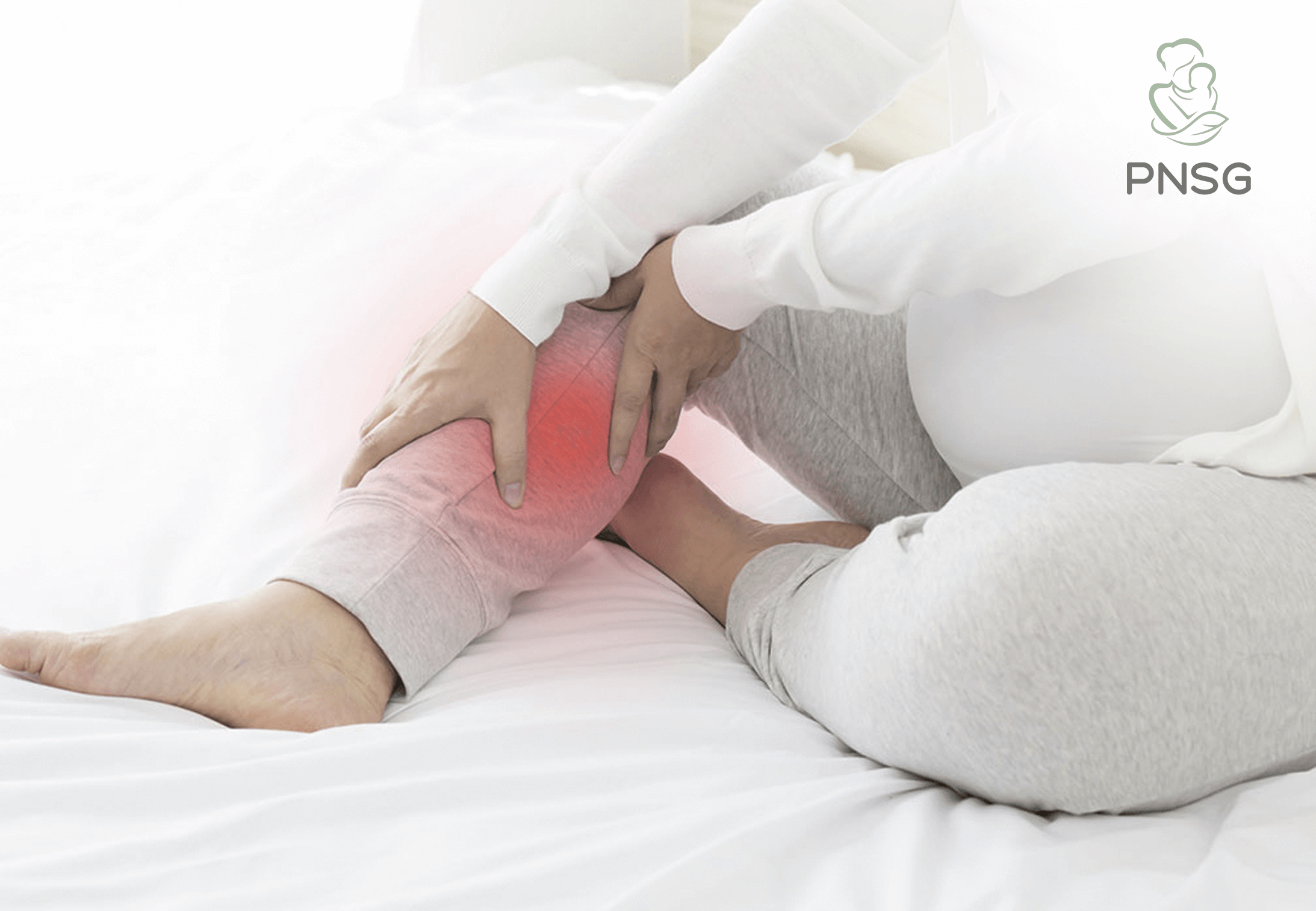7 Gambas Crescent, #09-09, Ark@Gambas, Singapore 757087 ♦ Reservation : +65 6417 9690
3-Step Massage to Relieve Leg Pain During Pregnancy

Aside from joyful anticipation and happiness, there are a lot more things accompanying one’s pregnancy. Some of the common conditions, unfortunately, are not too pleasant to be explored. They are normally discomforts like morning sickness, backache, and of course, leg pains. Still, it is extremely common for mothers to experience any or all of these. If you are like most mothers, you would possibly experience cramps, frequent carpal tunnel syndrome, numbness, weakness, throbbing, or tingling sensations in your legs. Once they come to greet you, ignoring the bothersome pain is way easier said than done.
These issues are usually caused by the changes in blood circulation and extra stress on muscles from carrying the extra weight. The growing baby weight of your baby also can put pressure on the nerves and blood vessels that go to your legs. If you have low calcium level, it may also contribute to regular cramps so consult your doctor about it.
While leg pains will usually go away within a few minutes, their presence can be extremely annoying and painful. If you are working, it may slow down your pace greatly. Bring able to alleviate them while they are here would be great, but what’s even better is preventing it from happening in the first place. Lucky for you, there is one particular treatment that could do both of those, and it’s the prenatal massage! Prenatal massage is different compared to other types of massage. It does not cover areas that can be sensitive or labour-inducing. Its main aims are to relieve aches, get rid of water retention, and release your stress. It is best to adopt this treatment regularly once you are past your first trimester. Massage is generally safe during any phases of your life as long as you go for the right type of massage that suits your condition. If you have any concerns or worries, you may get the green light from your doctor first.
Before starting with the massage, you can try other alternatives like using hot or cold compression to relax the muscles. If you don’t have an ice pack or hot pack, you can fill a water bottle with either hot or cold water and apply it onto the aching part. When you are not walking or standing, try to levitate your legs. Since your legs have been pressed on the whole day, it may worsen the swelling which can lead to cramps. Let your legs rest by putting them up.
You May Also Read this : Treating Body Changes during Pregnancy with Massage
If all are of no avail, you can apply massage for more effective results! Without further ado, here are 3 steps of leg massage during pregnancy you can easily do in the comfort of your own home:
Steps:
- Stretch your calves. Do this with your heels flexed and make sure to do this before bed if you often experience cramps while you are sleeping.
- Stroke upwards along the entire legs in the direction of the heart. Do this on one leg followed by the other. With every repeat of the strokes, apply more pressure.
- Knead using your thumbs, fingers, and knuckles with a bit more pressure. By doing this, you can locate the ‘pain points’ which you can apply prolonged pressure on to relieve them. Be careful to not overdo it and only massage until you feel the muscles starting to relax.
And you’re done! That’s it, only 3 steps for a smoother, pain-free walk. If you don’t want to stop the massage abruptly, lightly rub some oil or lotion all over your legs without applying too much pressure to conclude the session. In case you are doing this in the middle of feeling some pains, the pain may not immediately cease, but it will help in tamping down the intensity.
You may do this massage or have your partner do it on you. Now you can go to the park to take several brisk walks whenever you want to. If you want to leave the massage to the hands of professionals who are more skilled in performing a pregnancy massage, you can opt for a prenatal massage service. There are many available options for home-based prenatal leg massage services as well so you won’t have to go out and travel anywhere to indulge yourself in the relaxing experience. If you need to talk to a consultant for any leg massage pregnancy type worries, ring us at PNSG and we will tend to all your enquiries!









